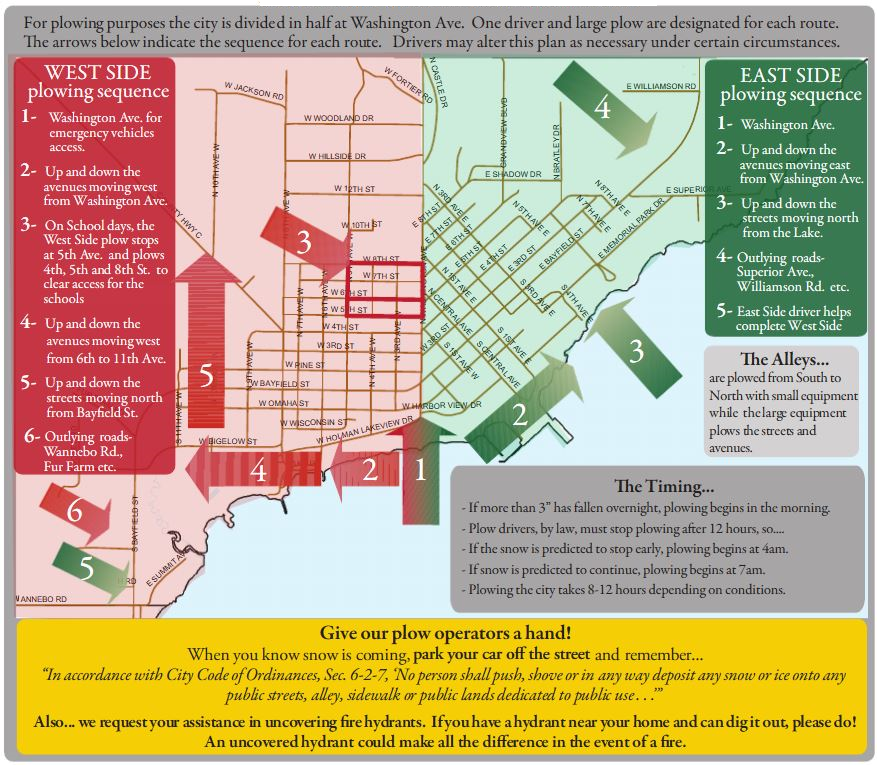Public Works
The City of Washburn complies with federal and state disability laws and makes reasonable accommodations for customers and citizens with disabilities. If reasonable accommodation is needed for any service, please contact:
Scott Kluver, Administrator/ADA Coordinator
715-373-6160, Ext. 4
or by email.
administrator -at- cityofwashburnwi -dot- gov
Scott Kluver, Administrator/ADA Coordinator
715-373-6160, Ext. 4
or by email.
administrator -at- cityofwashburnwi -dot- gov









